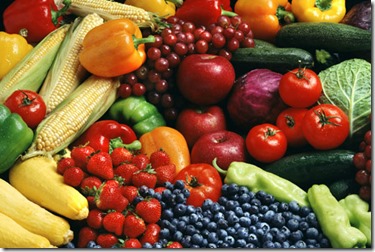I know it may be a little late to weigh in on the diet debate since we’ve already made it half-way through the “Diet Month” of January! However, US News and World Report once again tabbed the DASH Diet as the Best Overall Diet in their 2015 Review. Keep in mind, the DASH Plan was originally designed to help lower blood pressure. DASH actually stands for Dietary Approaches for Stopping Hypertension. The main emphasis with the DASH Plan is to increase intakes of fruits and vegetables while choosing lean protein sources, such as fish, chicken breast or the leanest cuts of beef or pork. Although it was not developed for weight loss, it has shown that weight loss is a side effect of following this plan. What is reassuring is that this Meal Plan is a healthy alternative that does not require any exotic foods or recipes. It is a safe way to eat that will help you meet your daily nutritional needs and help you achieve better health. We believe in the DASH Plan and often work with our clients to adopt this meal plan as part of their daily intake. Many of the foods included in this plan can also be beneficial in helping to reduce chronic inflammation associated with eating higher sodium and higher fat meals. Chronic inflammation has been identified as a risk factor in developing heart disease and diabetes. You can find out more about the DASH Plan and start making the changes that can help you get healthier and feel better! Remember, you hold the keys to better health in your hands!
It’s Your Health. It’s Your Life. Make That Change!
~John

